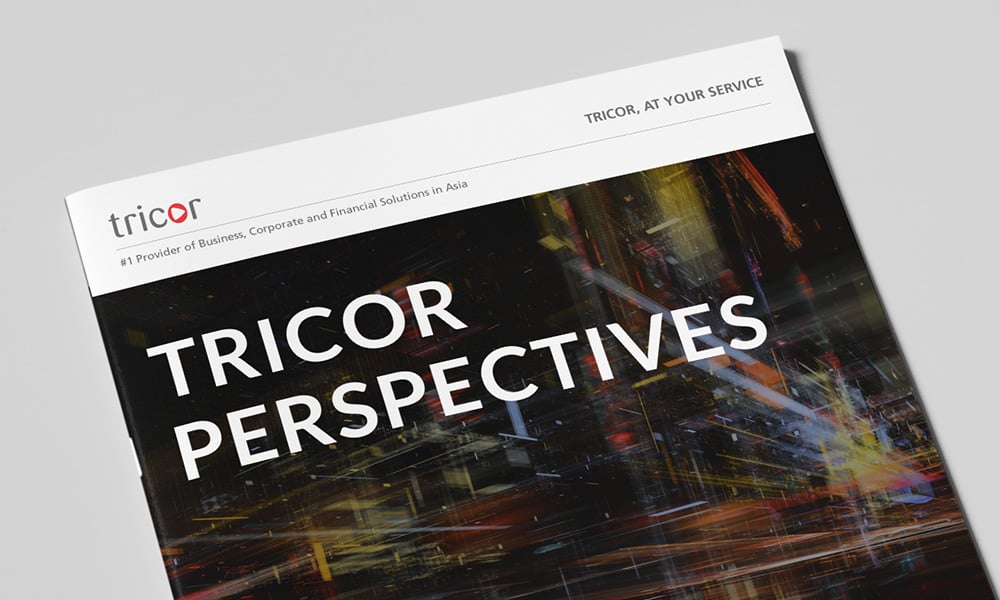Virtual recruitment is a growing trend in evaluating and selecting talents. With hiring process such as video interviews, virtual events, assessments moving online, recruiters will be able to manage and complete the entire hiring process without meeting the candidates face to face at all.
Making the best of use of virtual technology to win in the talent war
Globally many countries were forced to lockdown amid the spread of Covid-19 in the last few months, which has directly affected businesses across sectors from operating normally. Thanks to the development and accessibility of many web and video conferencing technologies, many employers have swiftly moved their traditional recruitment channels to virtual platforms This trending virtual recruiting is changing the behaviours of both HR recruiters and candidates.
The use of Artificial Intelligence (“AI”) and Virtual Reality (“VR”) alongside deployment of different forms of digital interviews brings with it added benefits for the employers. The use of new technologies along with gamification of the process will enable hiring managers to ensure the quality of the candidate pool without meeting the candidates physically.
What is virtual recruitment
Virtual recruitment describes the hiring process that takes place virtually without meeting the candidates face to face. In this modern way of hiring, recruiters and line managers utilize online recruitment portals, social media platforms, and conferencing technologies to find and interview candidates. Social media platforms like LinkedIn, Facebook, and Instagram have become mainstream for screening candidates, understanding their market presence beyond the CV profile, immediate access to recommendations, and instant communication without intermediaries. They are also important tools of engagement with potential candidates and developing a brand presence as an attractive employer. Fundamental to virtual recruitment is the use of online digital recruitment services for access to a wide database and verified candidates.
With the use of the two main forms of virtual interviews that employers can adopt – a pre-recorded interview or a live interview, recruiters can:
1) Build a stronger employer brand
Candidates will apply for a job if the employer actively manages its brand by responding to reviews. If you have a lot of negative reviews from former employees, it may be time to work on your company culture and perception before you try to fill any open positions. 360 degree performance reviews and detailed exit interviews are a great way of understanding employee opinions. Doing so can improve employee retention and lead to more positive reviews that will attract quality employees. By switching from the traditional way of interviewing to virtual recruiting, you will be able to attract more digital savvy candidates, while building a stronger brand presence on social media and other online forums. When a stronger employer brand is established, you won't have to do as much active recruiting to potential employees.
2) Reduce the cost per hire
With the global economy undergoing large scale challenges these days, virtual recruiting can reduce your cost per hire with higher rate of Return on Capital. The fixed cost of virtual recruiting software is minimal, especially the subscription-based ones, and the company will benefit through large cost saving if they place more than five hiring positions per year. Research indicates that based on economies of scale’s calculation companies can make over 500% of saving if they complete 30 placements per year.
Utilizing VR technologies for smart recruitment
AI/chatbot for screening
AI and chatbots are increasingly becoming popular for screening of applications to match the job profile and reduce the manual load.
Video conferencing tools for interviews, on-boarding and training
Video chats are a great way to conduct interviews, build familiarity and comfort with candidates, and have them go through multiple rounds of interviews with ease. They are also very useful in on-boarding and training new hires in situations.
Applicants tracking systems for efficient recruitment
Applicant tracking systems automate the recruitment process from resume processing to hiring, ensuring a more efficient processing of resumes and reduced paperwork and manual effort for HR practitioners.
Online job portals for a wide pool of candidates
Third party job databases are an excellent source of resumes beyond the company network or agencies. With online portals, a large pool of candidates is instantly accessible. Portals are now highly advanced and recruiters have access to a wide array of tools that help filter candidates to those matching their unique criteria.
Social media platforms for candidate engagement and brand development
Social media platforms are critical to virtual recruitment. Using their advertising capabilities, companies can cut through layers of intermediaries and reach out to qualified candidates effectively.
Using VR technology to witness the corporate culture and environment
Company can utilize VR to showcase their workplace environments by giving potential candidates an opportunity to witness the corporate culture, office space, as well as getting a taste of the companies ‘happy hour’ celebrations.
A case in point was an urban rail operator who was receiving low interest from younger generations when hiring for positions such as train conductors. To improve their hiring, the operator decided to use VR as part of their recruitment process. Through the VR application, they were able to give younger people a more in depth understanding of the role of a train conductor and its responsibilities. The result? A huge increase in applicants with relevant skills sets, and ones that are genuinely excited to work in the role.
Applying gamification tactics as part of the recruitment process
Despite increased media coverage over recent years, the gamification of the recruitment process is not new. Diversified industries including US Army, law firms, Fast-Moving consumer goods (“FMCG”) players have used psychometric games designed to test the candidates’ skills such as communication, ability to deal with stress, problem solving skills etc. The games could also be used to determine how well a candidate would likely to perform in certain types of jobs. This is particularly well received by Millennial and Gen Z talents who are digital natives and enjoy interacting with technologies.
VR strategies will ensure that your company is ready for any challenges in holding physical interviews and aid the modernization of corporate processes. Senior Management need to determine whether to incorporate specific technologies to your current recruitment approach or acquire a recruitment partner to execute it on your behalf. Adapting to the new ways of working would begin with empowering your HR departments with these tools that reduce their mundane workload and focus on value-generating tasks. This does not diminish the importance of face-to-face meeting, rather it acts as an aid when physical meetings are not possible. VR can help improve talent attraction, acquisition and retention by building a stronger and attractive employer brand and help ensure that you are meeting your hiring goals successfully.
Learn more about TSS, the award-winning Recruitment Firm at https://www.tss.com.hk/.






.jpg?length=600&name=Best%20Practice%20Checklist%20for%20Board%20Meetings%20in%20the%20New%20Normal%20(Part%203%20%E2%80%93%20After%20The%20Board%20Meeting).jpg)
